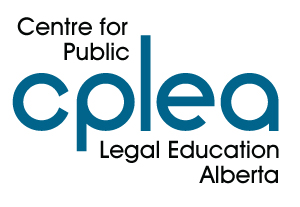This resource was designed to help teachers and educators promote active citizenship and encourage youth to explore their rights and responsibilities in building inclusive communities based on understanding and respect. The four themes in this resource offer methods for raising awareness of human rights, understanding the role of stereotypes and prejudices in promoting discrimination, and exploring how racism and other injustices are manifested in our schools, communities, and society.
For resources that are related to the Alberta curriculum, see LawCentralSchools.
Canada/Fédérale
Student Vote is a non-profit, non-partisan organization working with educators to engage young Canadians in the democratic process. Student Vote election and non-election initiatives aim to begin a habit of democratic participation that will last a lifetime. Related keywords: Classroom materials (72)
An online community that connects youth to find inspiration, access information, get involved, and take action in their local and global communities. Learn about and become involved in issues related to Social justice and human rights, Poverty and globalization, Peace and conflict, Environment, Cultural diversity and equity, Education, Health and wellness. The site also includes a special section for educators.
Talk Rights is a new online space for the Canadian public to learn about their rights and freedoms. Explore their collection of resources, and contribute your own ideas, stories and priorities to the conversation. Teachers check out their resources for elementary and secondary students.
TERMIUM Plus® is one of the largest terminology and linguistic data banks in the world, gives you access to millions of terms in English, French, Spanish and Portugese. TERMIUM Plus® can be used to find terms, abbreviations, definitions and usage examples in a wide range of specialized fields. The data bank is an essential tool for understanding an acronym, checking an official title, finding an equivalent in another language, and much more.
The Civics Channel is a non-profit, non-partisan organization dedicated to research, teaching and learning in the areas of citizenship and society, leadership, governance, identity, human rights and the justice system. Their goal is to build broader understanding and strengthen our democratic traditions through education and collaboration.
This website from the Canadian Centre for Child Protection has been created to provide you with a one-stop-shop on all things related to Internet safety. The Canadian Centre for Child Protection is committed to helping parents, teachers, and anyone else who would like to better understand the good, bad, and ugly about the web.
The federal and provincial and territorial governments are all responsible for the judicial system in Canada. Only the federal government can appoint and pay judges of the superior, or upper-level, courts in the provinces. Parliament can also establish a general court of appeal and other courts. It has created the Supreme Court of Canada, the Federal Court and the Federal Court of Appeal, as well as the Tax Court. This Justice Canada webpage provides an outline of Canada's court system.
Created by the Centre for Public Legal Education Alberta and made available on LawCentral Schools, the first part of this narrated powerpoint focused on Canadian law presents information on how the legal structure of Canada is organized, the history of our laws and an explanation of the Rule of Law. The second part discusses legislation including who makes it, how it is made and how it is enforced. It discusses the 3 levels of government that make laws, with the laws being made according to each government's responsibilities. The last part of the presentation focuses on Common Law and what it is, how it is made and how it is enforced.








Follow CPLEA